|
During the early days of our civilisation, in the place where Ethiopia is today, local tribes used to consume coffee by roasting the whole cherry until it was burnt. The charred cherry was then added to a beverage of cow's or goat's milk and butter. The result was an intensely flavoured, protein-rich and nutritious drink that is still consumed to this day in some areas, such as Guji. I had the opportunity to try it and honestly, I didn't like it. The texture and taste of the milk with the butter plus the burnt cherry is not a good mix for my understanding of taste, but as I was invited to the home of a very traditional brewing family, it is frowned upon in Ethiopia to refuse what you are offered, and I had to drink it anyway. I was offered a second one, but that I refused because I couldn't take it anymore. As we know, Ethiopia is the birthplace of the Arabica species and the place where the history and culture of coffee in the world begins. The natural processing method is the oldest way of processing coffee, and it is also born in Ethiopia, then implemented in Yemen and spread all over the world. Before someone invented the washed method, which by the way nobody knows who and when it was created, all coffee was processed using the natural method. In Ethiopia, natural coffees have been produced for centuries and to this day, to a lesser extent than washed coffees. But due to climate change and desertification in Ethiopia and many other coffee producing areas of the world, natural coffees are projected to regain prominence.
0 Comments
We are not going to tell you that everything is hunky-dory in Ethiopia, that everything is perfect, that the coffee farmers are happy, or that the future is bright, because that is certainly not true. While there have been improvements in the humanitarian situation caused by the war, the economic and climatic situation is only getting worse. Temperatures are rising and rainfall is falling in a pattern that could lead to a 25% drop in production by 2030, and inflation is hitting hard, reaching 34% per annum last December. For a coffee importer, (I think we all share the same opinion) Ethiopia is the most challenging origin, but at the same time the most rewarding in terms of travel experience and coffee quality. Quality is part of the establishment, from a genetic and terroir perspective Ethiopia is always expected to have unique, complex and intense cup profiles, but there are problems related to human intervention that do not allow these high expectations to be realised.
For the specialty coffee industry, certifications are like the second wave of coffee, they are out of fashion! They no longer serve their purpose, and this is because the needs of consumers have changed and have become more diverse and complex. What specialty coffee lover wants to drink a bitter coffee at Starbucks, when they can just as easily have a fruity Kenya lightly roasted at an independent coffee shop? This phenomenon also occurs at the farm level. For example, the coffee farmer no longer wants the 0.2 USD/LB that Fair Trade offers him, but instead wants a direct and ethical trade with the importer of microlots who will pay him 4 USD/LB or more. Paying for the inspection of organic coffees has also lost its meaning, with climate change there are cultivation areas where it does not rain for months/years, and the coffee grower must use chemical fertilizers, otherwise they lose the harvest.
Coffee prices have skyrocketed for various reasons. Among them, the low production due to climate change, the logistical problems of the pandemic, generalized inflation and the war in Ukraine. The latter has considerably reduced access to inputs such as inorganic fertilizers, which has not only increased the costs of coffee production, but has also significantly reduced the profit margin of coffee farmers. Russia is the world's biggest fertilizer exporter, but its war with Ukraine has disrupted shipments and pushed up prices for natural gas, a key ingredient in fertilizer manufacturing. Ammonium nitrate and urea, the two main sources of nitrogen fertilizer, are the most widely used fertilizers in the world. Fertilizer prices had already more than doubled in the last 18 months, affecting coffee growers around the world.
Our industry often forgets how important small farmers are to the work we all do every day. We can verify this every time we meet at events like the last World of Coffee in Milan, where the focus is mostly on competitions, machinery, influencers, but apparently no one realizes that without small coffee growers none of this would be possible, and they keep being ignored as they have been for 400 years. The current times are stormy, for no one in the world it should be a mystery that climate change is affecting our lives in a radical way. To no one either, it should be a mystery that inflation is hitting the pockets of the world's poorest people, and this particularly impacts coffee farmers who, despite record coffee prices, have not seen their income levels improve. Finally, due to the war in Ukraine, the shortage of fertilizers could cause a deficit of almost 20% in coffee production in 2022, in addition to the food crisis that it is already affecting various parts of Africa.
Coffee is a biennial cycle crop, which means that coffee trees have high productivity in one harvest and low production in the next, due to the plant's need for recomposition. This phenomenon has a greater influence on coffee of the Arabica species, and a greater economic impact on those origins that have only one harvest a year, as is the case in Ethiopia. During the 2022 harvest in Ethiopia, production was affected by a negative biennial cycle, where flowering decreased due to the need of the plant to recompose itself after a very productive period last harvest 2021.
Sustainability is an ancient concept, but one that has been "modernized" in recent decades due to the great crisis of climate change that we are experiencing. In this century in particular, sustainability has ceased to involve a purely environmental aspect, and has been defined as the ability to coexist between the biosphere and human civilization, encompassing three large interdependent dimensions: the first social, second economic and third environmental.
Uncertain! It would probably be the answer that most of us would have as a first option, but fortunately, we are seeing the light at the end of the tunnel in various aspects that disturbed us in 2021. We have divided them into three main themes and we relate them to what unite us, which is specialty coffee.
It is always important to remember that just 27 years ago, Rwanda was in the midst of one of the most horrible tragedies humanity has ever seen. The genocide against the Tutsi population killed almost a million people and displaced two million more. These events shook this small country and almost wiped out the entire coffee industry.
Remarkably since then, Rwanda has enjoyed strong rates of economic growth, creating new business prospects and lifting many people out of poverty. Thanks to an efficient government actively working to develop the economy and reform the financial and business sectors, Rwandan coffee has become a very important player, contributing significantly to foreign exchange earnings and the monetization of the rural economy. In 2019, agriculture accounted for 29% of Rwanda's economy, and coffee accounted for a third of this income, with 75% of the total population working in the agricultural sector. |
Archives
April 2024
Categories
All
|
- What We Do
- Que Hacemos
-
Origins
-
Orígenes
- Education
- Educación
- Contact
- Contacto
- Home Roaster Store
- Tienda del Home Roaster

|
Copyright © 2015-2024 | Kilimanjaro Specialty Coffees España S.L.U. All Rights Reserved.
|

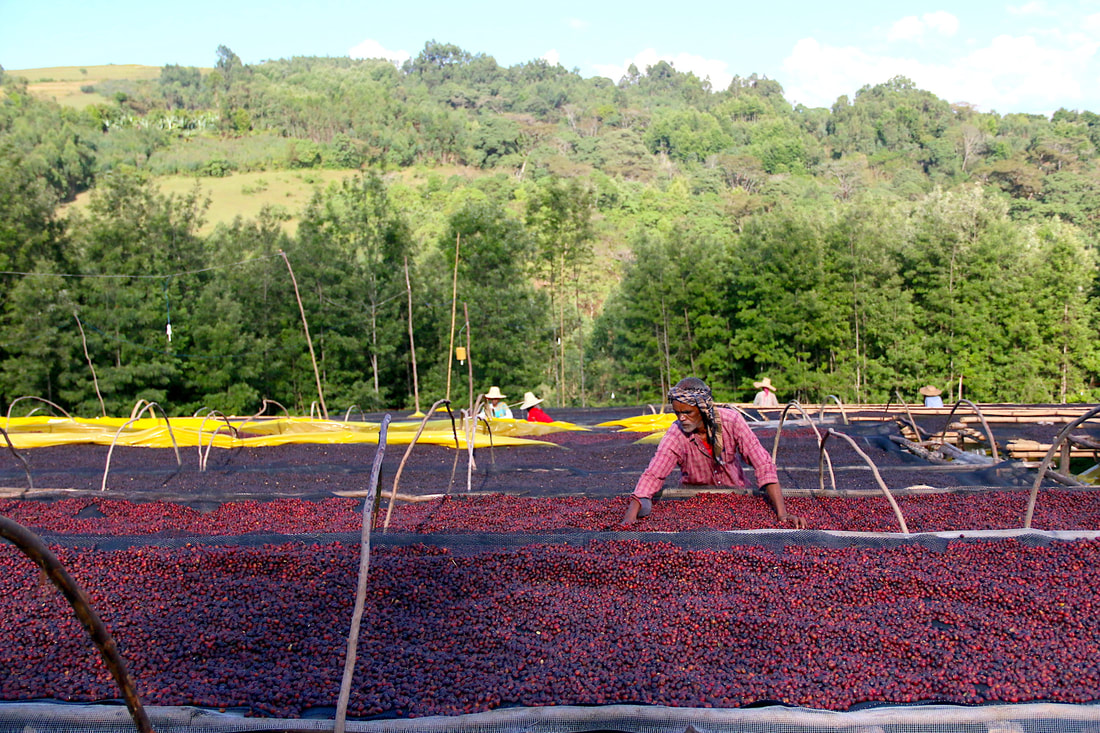
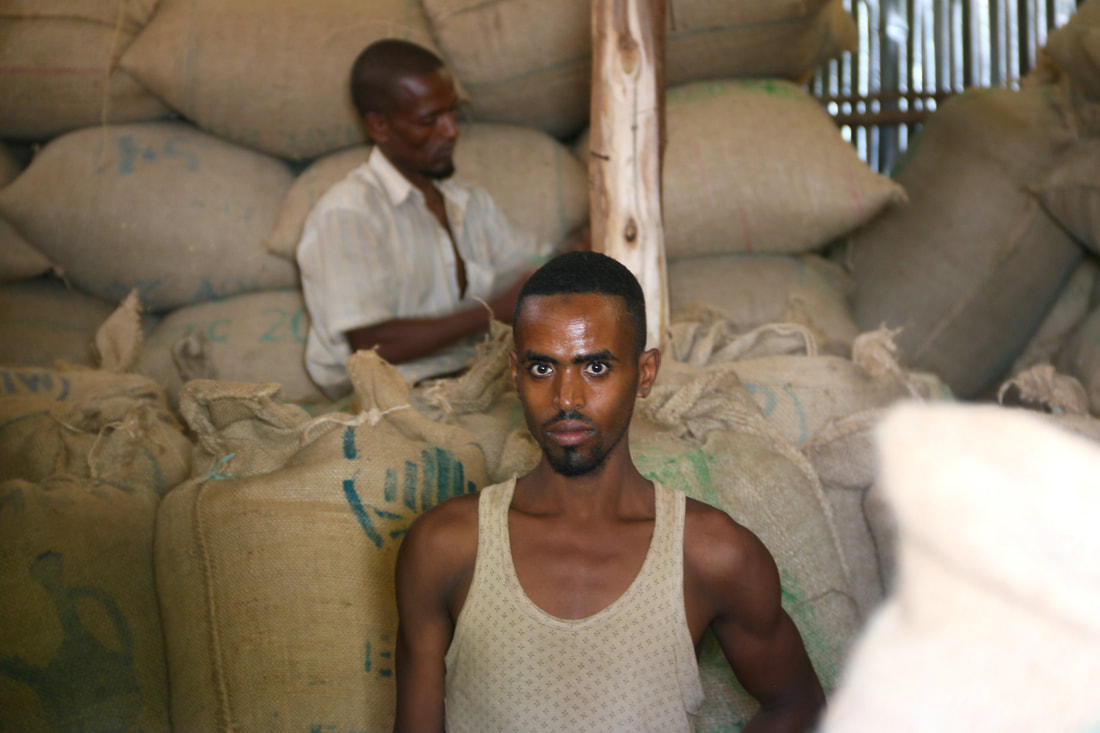
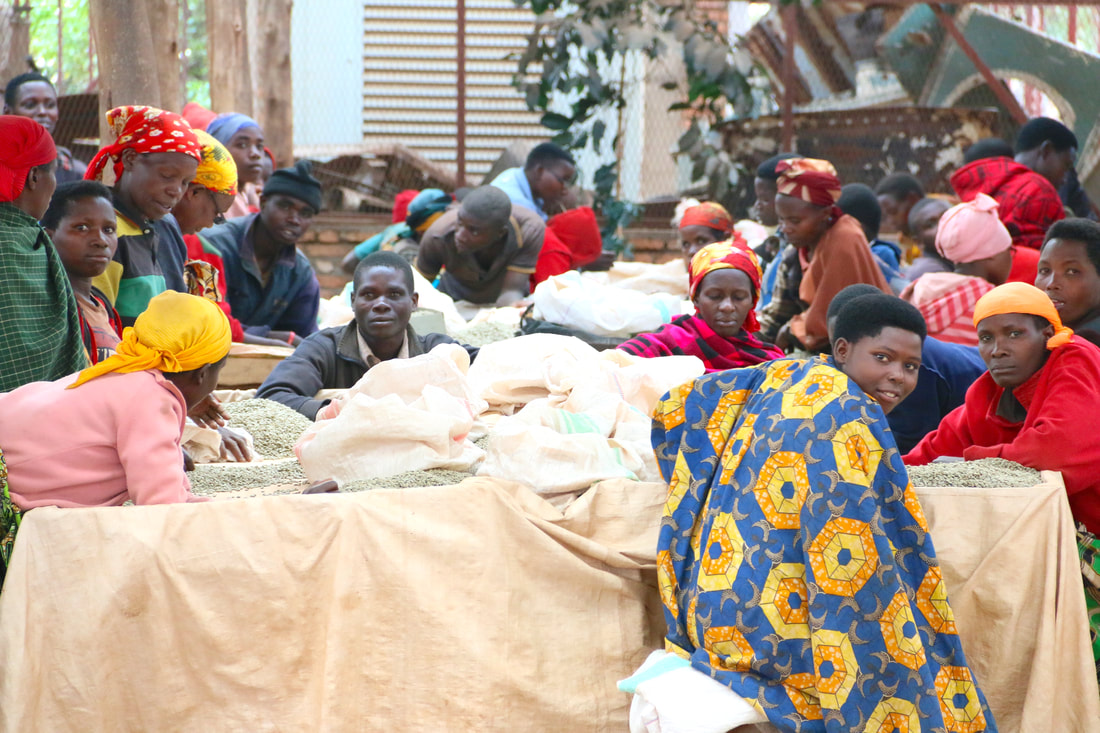
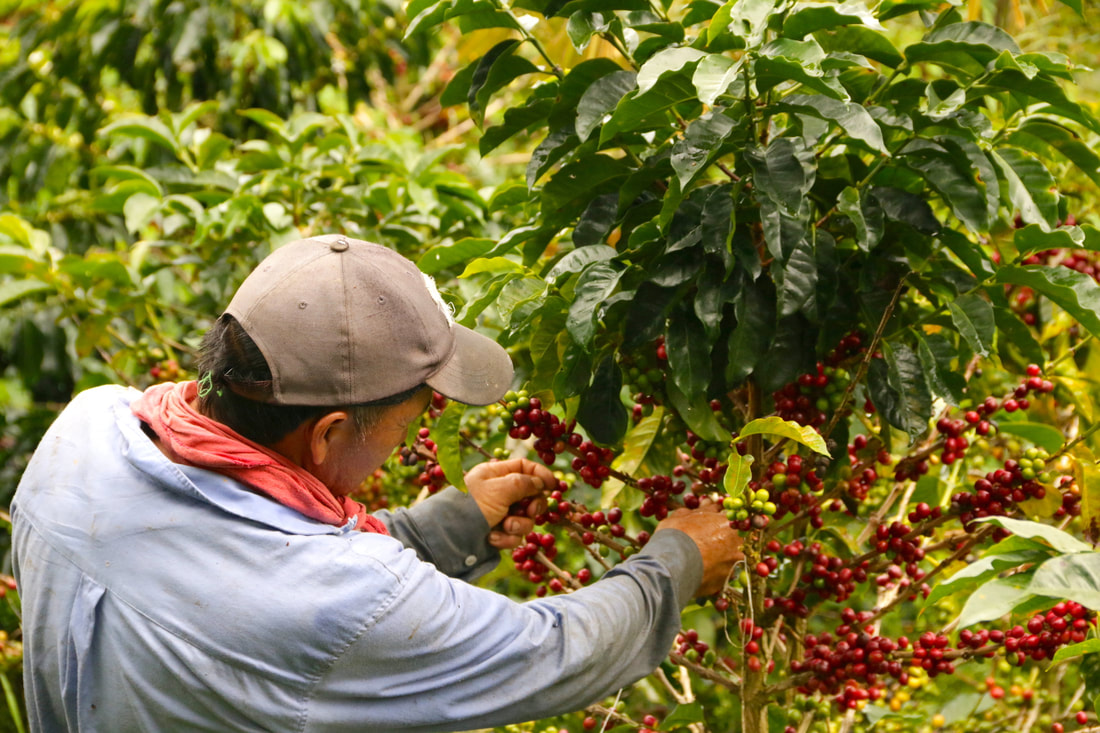
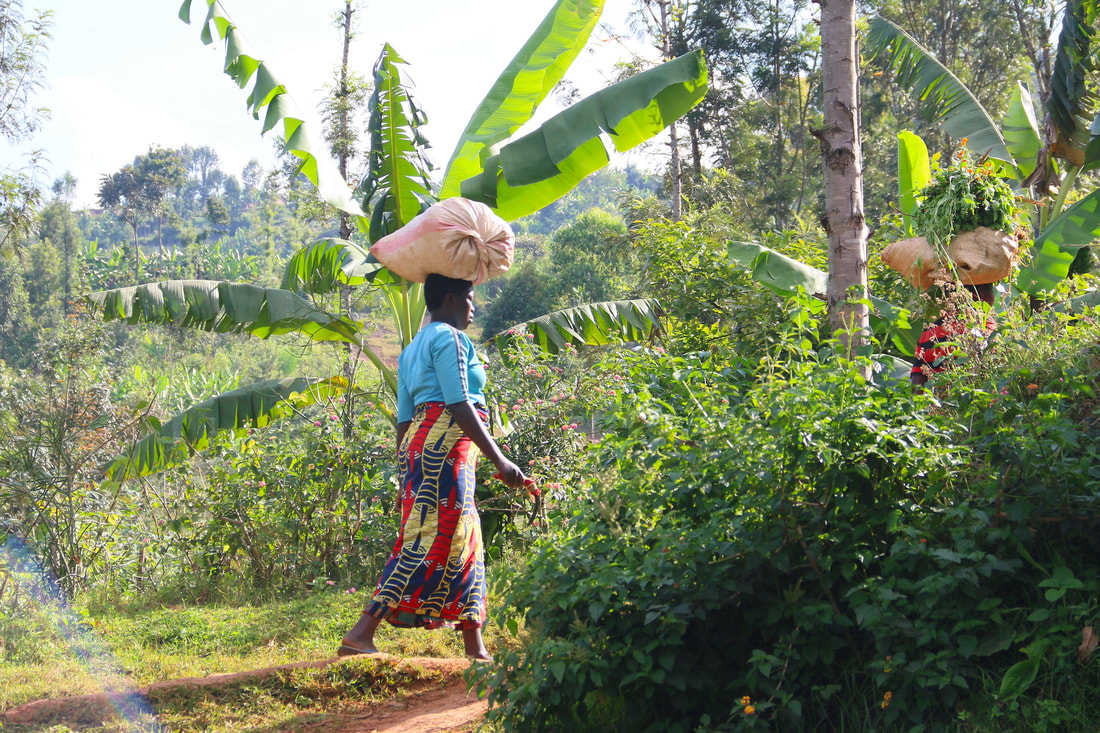
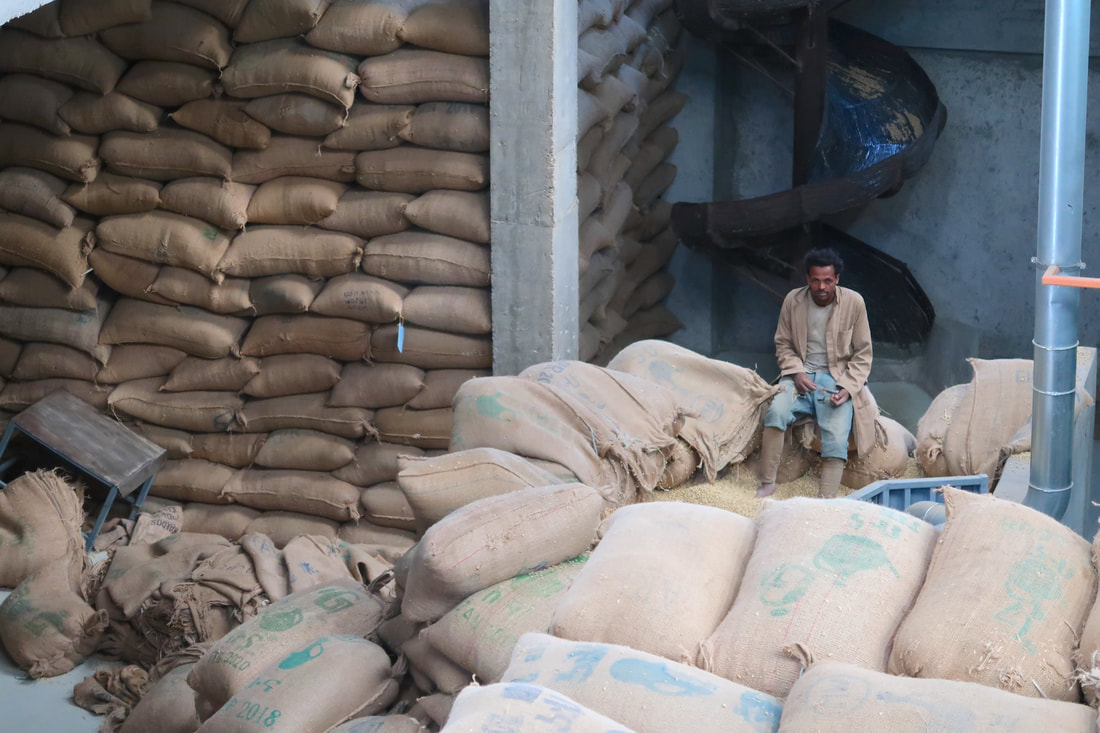
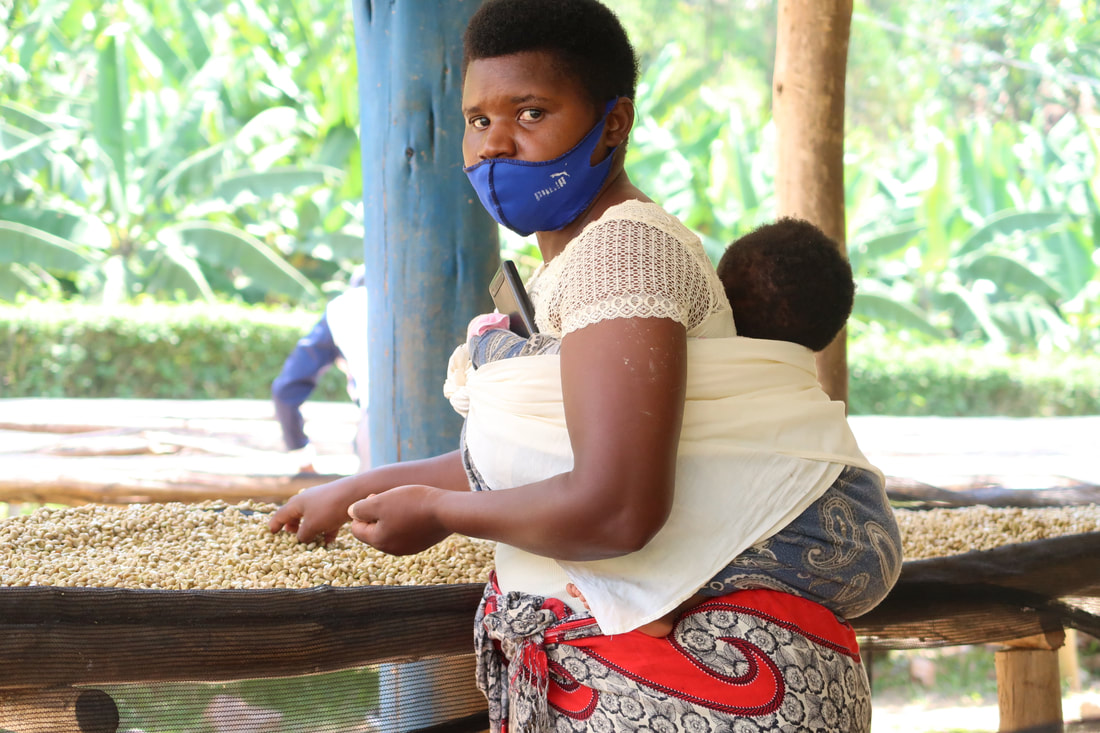
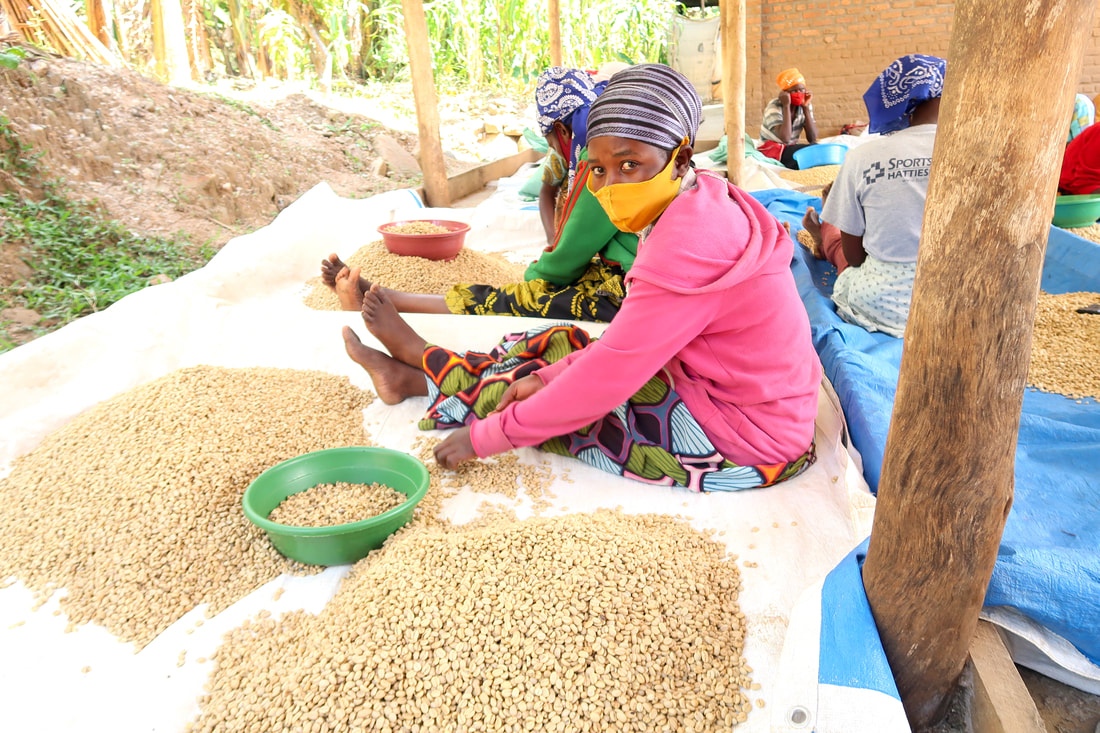
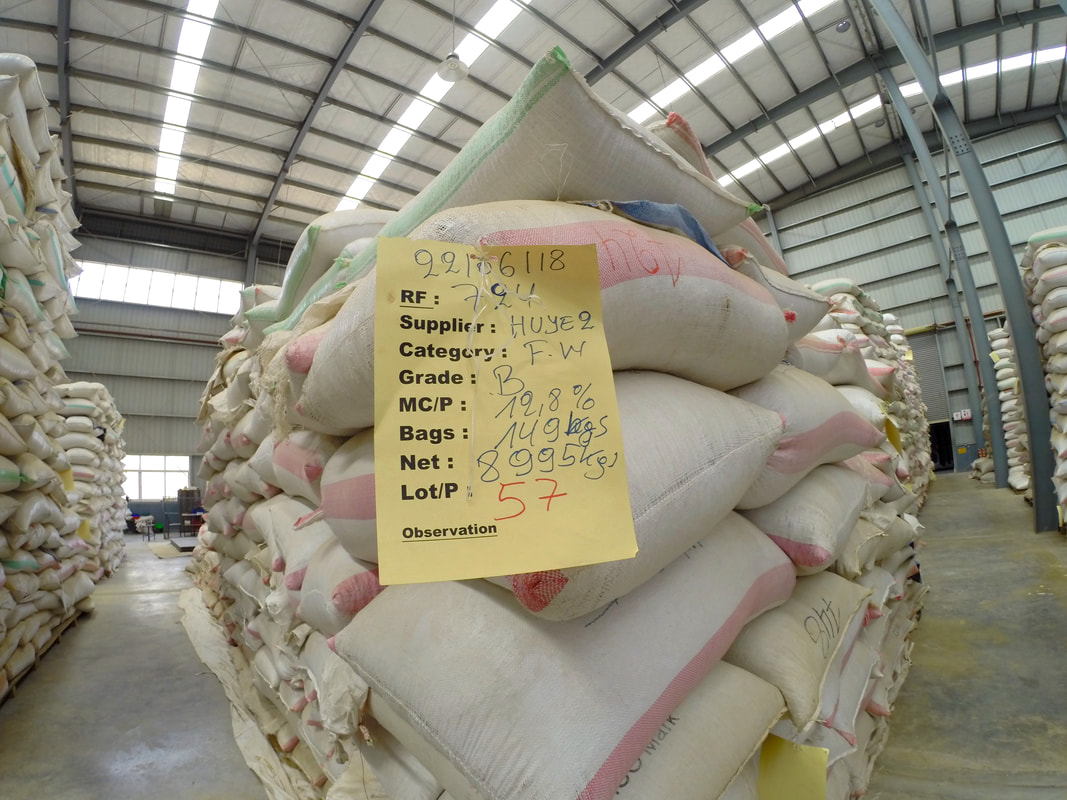
 RSS Feed
RSS Feed